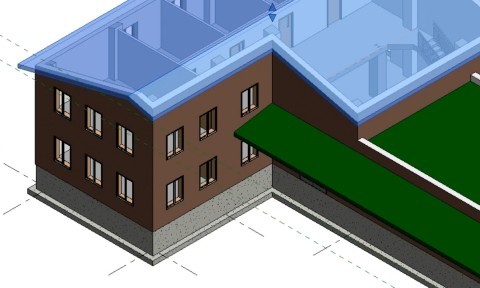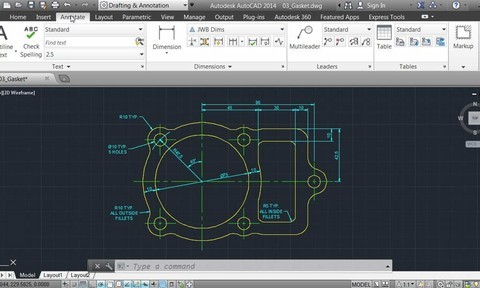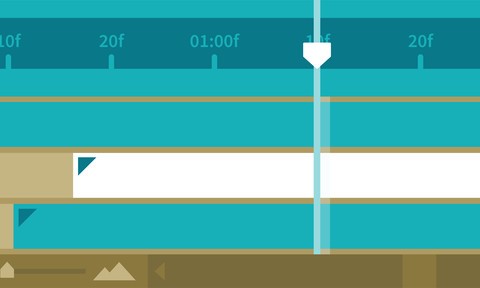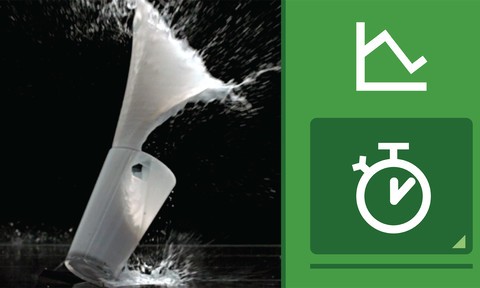Civil Engineers design, construct, supervise, operate, and maintain large construction projects and systems, including roads, buildings, airports, tunnels, dams, bridges, and systems for water supply and sewage treatment. Many civil engineers work in design, construction, research, and education and hold supervisory or administrative positions ranging from supervisor of a construction site to working as a city engineer.
Environmental Engineers use the principles of engineering, soil science, biology, and chemistry to develop solutions to environmental problems. They are involved in efforts to improve recycling, waste disposal, public health, and water and air pollution control. Environmental engineers also address global issues such as unsafe drinking water, climate change, and environmental sustainability. Environmental engineers conduct hazardous-waste management studies in which they evaluate the significance of the hazard and advise on treating and containing it. They also design systems for municipal and industrial water supplies and industrial wastewater treatment, and research the environmental impact of proposed construction projects. Environmental engineers also work in government and develop regulations to prevent environmental mishaps.
Note: The undergraduate degree awarded at the successful completion of this program is in “Civil Engineering”. Graduate-level degrees are in “Civil & Environmental Engineering”.

Handshake
Search for internships and jobs, schedule career advising appointments, and more by signing in to GW’s career hub.
Learn about Careers Paths
Senior Civil Engineer
Pennsylvania Department of Transportation
Watch more interviews with industry professionals on CandidCareer – sign in via Handshake.
Professional Development
Get the latest industry knowledge, access to mentoring, and find job opportunities through professionals organizations:
- American Academy of Environmental Engineers and Scientists (AAEES) – aaees.org
- American Society of Civil Engineers (ASCE) – asce.org
- Institution of Civil Engineers – www.ice.org.uk/
- National Society of Professional Engineers (NSPE) – nspe.org
| Click here for more STEM professional organizations. |
Industry-Specific Job Sites
- Civil Engineering Central – civilengineeringcentral.com
- EngineerJobs – engineerjobs.com
- Green Jobs – greenjobs.net
- iHireEngineering – ihireengineering.com
| Find more sites on our Job/Internship Search Resources page. |





























